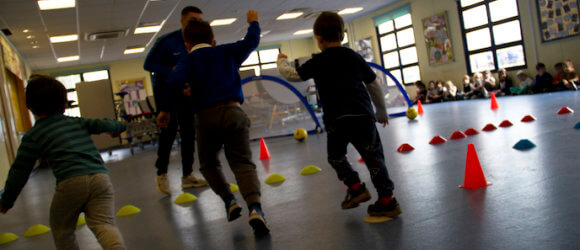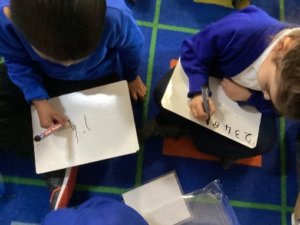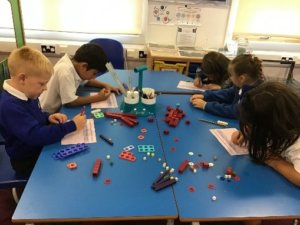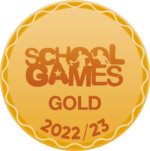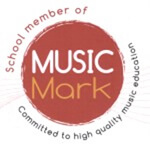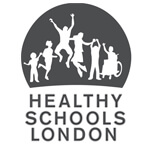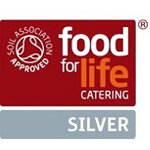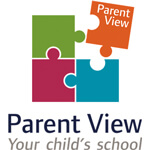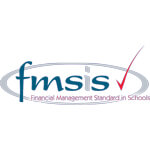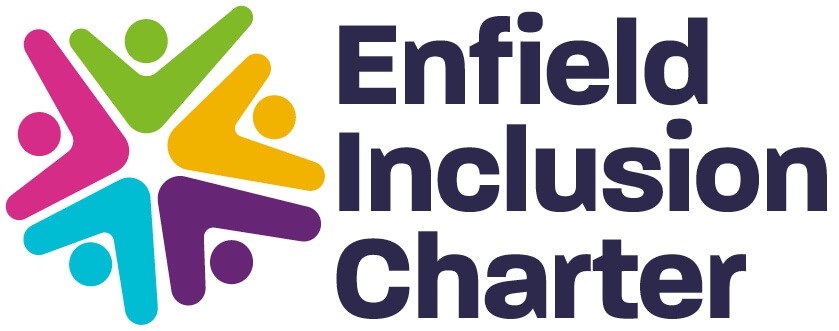Maths
At Highfield, we know how maths affects how we live our lives on a daily basis. It is for this reason that we aim to ensure that all pupils leave Highfield having acquired the necessary problem-solving skills and the self-confidence to apply their knowledge to cope with maths in real life contexts. Our Mathematics curriculum has been carefully sequenced to allow for thorough exploration of mathematical ideas in creative and engaging lessons, enabling them to have an appreciation of the beauty and power of mathematics, and a sense of enjoyment and curiosity about the subject. Mathematics lessons explore learning through concrete, pictorial and abstract representations, and manipulatives (physical resources) are carefully selected to allow children to explore the structures of maths.
In the Early Years Foundation Stage we aim for pupils to build on their own experiences and to this end, pupils are encouraged to gain a conceptual understanding of maths through the use of practical, concrete equipment such as Numicon. The use of manipulatives is fundamental in supporting pupils to bridge their experiences from the abstract to the tangible. It is our belief that continuous exposure to meaningful experiences/ real life problem solving will benefit our children throughout their school journey.
Staff in the Early Years Foundation Stage, use Development Matters, the Early Learning Goals (ELG) and White Rose Maths to guide their planning. When children move into year 1 our teaching is underpinned by The National Curriculum alongside The White Rose Maths Scheme to achieve a maths mastery approach. The White Rose Maths Scheme has number at its heart and a lot of time is spent reinforcing number to build competency. Throughout the children’s primary school career, we believe that mathematics is learnt best when it is based within a rich variety of practical work that combines visual images, manipulatives (objects that can be handled) and mathematical talk. Talking about maths is not just about learning to use mathematical vocabulary appropriately, but about developing the ability to reason and explain thinking. The use of concrete resources and pictorial representations allow children to develop mental models which they can then apply without relying on the concrete manipulatives. We focus on the relationships between mathematical concepts and skills and provide opportunities for children to use their understanding flexibly. As our pupils move through the school we continually review and build on their knowledge and understanding of topics which all begin with the laying of a strong foundation within our Early Years. Progression in knowledge and skills is carefully planned in order to build fluency and deepen understanding of underlying mathematical concepts to help children commit learning to their long-term memory. Teaching is enhanced by a clear understanding of what children have learnt in previous years – with particular attention given to the Ready to Progress Criteria – and where their learning journey will continue into Year 6 and beyond.
Children are assessed on their knowledge and skills regularly and in a variety of ways. Teachers respond to pupils’ work through written marking and verbal feedback on a whole class, group, paired or individual level. To support pupils’ learning process, pupils are taught a range of written methods to effectively use for all mathematical operations. Pupils are taught these methods once they have developed sound mental strategies which those methods can build upon. This is done as it is important that children as children need to develop both a conceptual understanding of maths as well as a procedural one.
The New Curriculum, implemented in 2014 covers the Key areas of Number, Geometry, Statistics and Measure, with using and applying mathematics running through all of these. There is a greater focus on conceptual and procedural understanding, fluency and mastery (having a thorough understanding of a topic and to be able to apply it), and the use of manipulatives (apparatus such as Numicon and Cuisenaire to assist in children’s understanding of topics)
Number
- Understanding of number and place value
- Addition and Subtraction
- Multiplication and Division
- Fractions (there is an increased expectation of children’s ability to work with fractions and these are also introduced earlier than previously)
- Decimals and percentages
- Ratio and proportion and algebra are introduced in Upper Key Stage 2
Geometry and Measures
- Properties of Shape (2D, 3D, angles)
- Position, Movement and motion (directions, co-ordinates, symmetry, reflections)
- Measure (Standard units, time, money, area and perimeter)
Statistics
- Collecting and sorting information
- Reading, creating and interpreting graphs
LIFE AFTER LEVELS EXPECTATIONS STATEMENTS FOR EACH YEAR GROUP ARE AVAILABLE BELOW
| Maths Assessment Year 1 | Maths Assessment Year 2 |
| Maths Assessment Year 3 | Maths Assessment Year 4 |
| Maths Assessment Year 5 | Maths Assessment Year 6 |
There is advice on how to help your children in Maths on this website, along with details of our calculation policies and links to some useful websites. Click here
Calculation Policies and Strategies to support your child
Division
Multiplication
Addition
Subtraction
Mental Calculation
KIRFs
To develop your child’s fluency and mental maths skills, we are introducing KIRFs throughout school. KIRFS are a way of helping your child to learn by heart, key facts and information which they need to have instant recall of.
KIRFs are designed to support the development of mental maths skills that underpin much of the maths work in our school. They are particularly useful when calculating, adding, subtracting, multiplying or dividing. They contain number facts such as number bonds and times tables that need constant practise and rehearsal, so children can recall them quickly and accurately.
Instant recall of facts helps enormously with mental agility in maths lessons. When children move onto written calculations, knowing these key facts is very beneficial. For your child to become more efficient in recalling them easily, they need to be practised frequently and for short periods of time.
Whole School Overview
Reception
Year 1
Year 2
Year 3
Year 4
Year 5
Year 6
OTHER USEFUL LINKS
National curriculum in England: mathematics programmes of study
Highfield Primary School – Maths Skills Progression Document
Highfield Primary School – Maths Curriculum Progression Document


